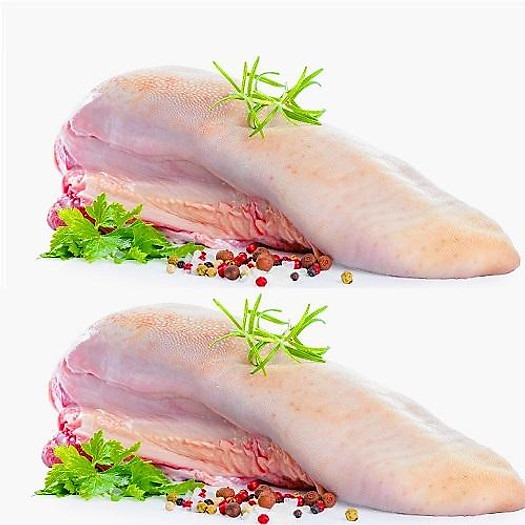Product introduction
Tongues are the most quintessential part of this animal's internal organs, which can be processed into many delicious dishes such as grilled tongues, boiled tongues, salad mannequins,...
Tongues are preferred for their crunchy texture and can be used to process a variety of dishes. In addition, tongues contain a lot of potassium, phosphorus, magnesium, protein and B vitamins. According to Oriental medicine, eating dishes from tongues helps regain appetite, supplements protein, and tonic gas. Therefore, the tongue is very good for people who are weak, thin and have just woken up. This is one of the most popular parts besides pork.
Nutritional value
Tongues are the separated tongue of a pig. In tongues rich in protein, P, Ca, Mg, Fe, vitamins E, B1, B2, PP, B6, D, folic acid, B12, etc. are very good for stunted children, tired old people, difficult to gain weight due to lack of weight. protein deficiency. Moreover, pork tongue is also very easy to eat because it is not too fat, suitable for all ages.
Tongues are a delicacy, quintessential in the five organs of the pig, in which "the tip of the tongue is intentional, the middle of the tongue is the main body, the edge of the tongue is the main body, the base of the tongue is the main kidney". In tongues are rich in protein, P, Ca, Mg, Fe, vitamins E, B1, B2, PP, B6, D, folic acid, and B12,... very good for stunted children, people with difficult fatigue weight gain due to lack of protein.

Tongues are sweet, salty, average, no toxins, tonic for the spleen and stomach, useful for damage, help with five organs and appetizers to help eat better.
Tongues are actually a bundle of muscles, not internal organs, that contain a high percentage of calories from fat. Most tongues contain about 70% fatty acids. Even tongues taste better than beef.
Nutritional value in 100g Tongues:
- Energy 225 kcal
- Protein 14.2 g
- Starch 1.4 g
- Iron 2.4 mg
- Calcium 7 mg
- Phosphorus 118 mg
- Fat 12.8 g
- Disposal rate 3 g
- Vitamin B1 100 mcg
- 16g protein
